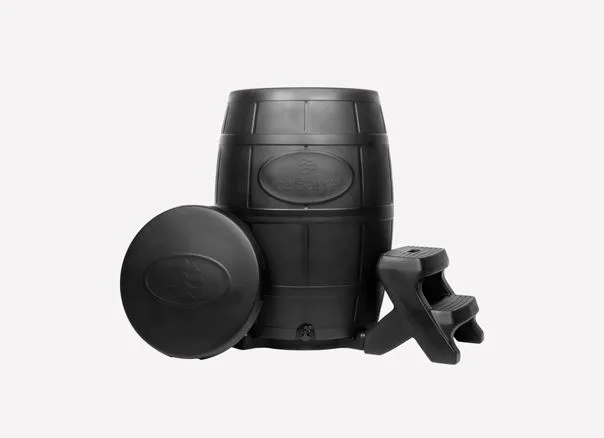Creating Ethical Growth Strategies for Addiction Treatment Centers
Balancing Reach With Responsibility
Addiction treatment centers operate in one of the most delicate sectors of healthcare. Their mission is to guide individuals toward life-saving change, often in moments of crisis. And yet, like any organization, they need visibility to thrive—especially in a saturated and highly regulated marketplace.
This duality presents a unique challenge: how do you grow your census without compromising your values? How do you market to those who are vulnerable, while staying compliant and ethical?
The answer lies in building a digital presence that reflects the integrity of your care. Done right, digital marketing for addiction treatment centers isn’t just a tool for lead generation—it’s a vehicle for trust-building, education, and long-term engagement.
Understanding the Landscape: A Regulated, High-Stakes Market
Google Ads Restrictions and Certification Requirements
Since 2018, Google has enforced strict policies around addiction treatment advertising. Centers must be LegitScript-certified and comply with all local and national regulations. While this improves industry safety, it also raises the barrier to entry for new or under-resourced providers.
Navigating these requirements is complex, and noncompliance—even unintentional—can result in account suspensions or wasted ad spend.
A Highly Emotional Buyer Journey
Unlike traditional health services, addiction treatment is often a decision made under emotional duress. Prospective clients or their families may be searching in moments of panic, grief, or desperation. This reality demands extreme care in messaging—language that’s empathetic, empowering, and clear.
Building a Foundation: What Every Digital Strategy Should Include
1. An Accessible, Mobile-First Website
A website is your facility’s first impression. It should:
- Load quickly on all devices
- Communicate your services clearly
- Use real, relatable imagery
- Offer frictionless contact options (click-to-call, chat, forms)
Navigation should be intuitive, and privacy policies should be clearly outlined—especially for HIPAA-compliant data collection.
2. SEO That Educates and Connects
Search engine optimization (SEO) for treatment centers involves much more than targeting keywords. Effective strategies include:
- Publishing detailed, original content that addresses real patient concerns
- Optimizing for local and long-tail queries
- Using structured data and schema markup for enhanced visibility
- Prioritizing topic clusters over isolated blog posts
Centers that want to compete organically must adopt an educational mindset—offering value first, conversions second.
3. Paid Media With Purpose
Pay-per-click (PPC) and display campaigns can be incredibly effective—but only with proper oversight. Campaigns should:
- Link to relevant, optimized landing pages
- Offer transparent calls-to-action
- Exclude exploitative language
- Be monitored daily for compliance issues or shifts in search intent
Managing paid media in this space is nuanced, which is why many providers turn to specialists with deep industry knowledge.
Partnering with an agency that lives and breathes addiction treatment digital marketing can ensure every ad dollar is spent with care—and intention.
Scaling Ethically: What Sets Effective Centers Apart
Messaging Built on Empathy, Not Urgency
Avoiding fear-based language or high-pressure tactics is essential. The best-performing messaging focuses on:
- Hopeful outcomes
- Clear service descriptions
- Testimonials or success stories (with consent)
- Supportive language for families and loved ones
Prioritizing Follow-Up and Connection
Lead generation is only one piece of the puzzle. Centers must also invest in:
- CRM and call tracking tools
- Timely, compassionate admissions follow-up
- Nurture campaigns via email or SMS
- Community-based partnerships for referral diversity
Thought Leadership and Transparency
Building authority in the addiction treatment space involves showing—not just saying—your commitment to quality care. This can include:
- Publishing expert articles or guest posts
- Participating in community outreach or events
- Being transparent about treatment outcomes and accreditation
Conclusion: Growth That Honors the Mission
In addiction treatment, marketing is more than promotion—it’s outreach. Every impression, click, and conversation is a chance to offer hope and guidance. But in order to do that effectively, centers need a strategy that is as thoughtful as their clinical work.
The future belongs to providers who combine data-driven strategy with mission-driven messaging. And working with an experienced addiction treatment digital marketing partner can help providers grow with clarity, confidence, and compassion.



